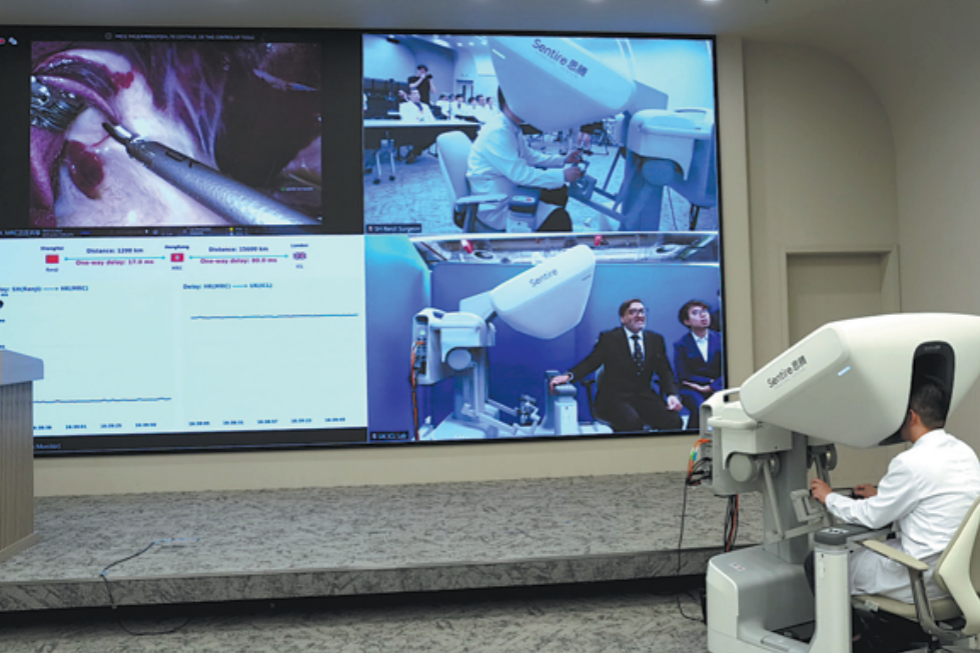Building BRICS

Of the emerging economies in Asia, Latin America, East Europe and Africa, two stars stepped into the spotlight in 2010.
On New Year's Day, Brazil will witness the transfer of power from the outgoing President Luiz Inacio Lula da Silva to the President-elect Dilma Rousseff. Compared to a decade ago, this South American country has impressed the world with its economic development and growing international influence.
Meanwhile, South Africa is set to become a new member of the BRIC economic bloc - which comprises Brazil, Russia, India and China - and when these emerging economies meet for their summit in China next year, the bloc will assume the extended acronym BRICS.
Both Brazil and South Africa have made great progress in social and economic development in recent years. The growing prosperity of these countries, together with the economic achievements of China, India and Southeast Asia, has been in stark contrast to the woes endured by the United States and the European Union in their attempts to deal with the aftermath of the recent global economic downturn.
The economic clout of this bloc is now leading the global economic recovery.
At present, BRIC nations contribute 50 percent of the world's economic growth. With the addition of South Africa, and more steps being taken to facilitate internal trade among its member nations, BRICS will undoubtedly be the driver of world economic growth next year.
To better achieve this, BRICS should be more unified against trade protectionism and tap the potential of economic cooperation among themselves and with other developing nations.
However, the significance of the rise of these five emerging economies goes beyond trade. It proves that development modes not based on the Western model also work. Although the BRICS countries are at different development stages, they have adopted development modes that better suit their national characteristics.
It is encouraging to see that these emerging economies have demonstrated their growing influence in world affairs, such as climate change and world security.
China, Russia and Brazil assumed an important role when the international community sought to resolve the Iran nuclear issue and tensions in the Middle East and on the Korean Peninsula.
Their greater say in international affairs and inevitable assumption of more responsibilities are a significant contribution to multilateralism and have lifted the status of the developing world as a whole in the international arena.
The growing strength and influence of the BRICS countries will better protect the rights and interests of developing countries and contribute to the building of a more just political and economic world order.
(China Daily 12/31/2010 page8)
Today's Top News
- Digital countryside fueling reverse urbanization
- 'Sky Eye' helps unlock mysteries of the universe
- China offers LAC development dividend
- Future sectors to receive more play
- Nation sets its sights on export boost
- China to open its door to foreign investment wider






























